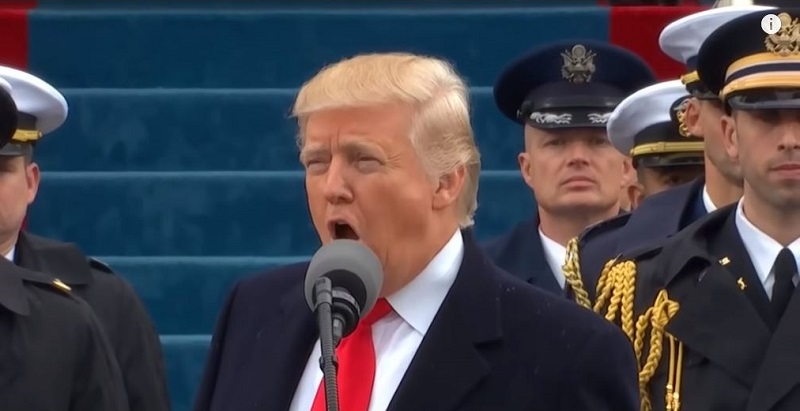Never Trump Conservatives Still Blind to Their Own Role in Sowing Seeds of Trump’s Takeover of the GOP

Part of the implicit appeal of the Never Trump branch of conservatism is a belief that the Republican Party was once a reasonable and moderating force before it was taken over by Donald Trump and his bullying, own-the-libs style of politics. The Never Trumpers would like to offer a return to this time of comity to their fellow conservatives, if only those conservatives would grow tired of Trump and eject him and his acolytes from the GOP.
This is a deeply wrong view of the last couple of decades of conservatism. One needs only to read this Jonathan Last piece over at The Bulwark to see an example of the blindness to the direction of the Republican Party that appeared to take Never Trumpers such as Last and his fellow conservative refugees by surprise.
Last writes: Trumpism is singular in that it doesn’t allow people to pick and choose with only conditional support. You can’t be a cafeteria Trumper and say, “Yeah, I’m here for the wall and judges, but I’m not signing on with tariffs. And the North Korea stuff is terrible policy.” […] Trumpism demands that people be all-in, for everything. No matter how stupid or malignant the policy or behavior.
This is a new development in conservative politics. In 2012, no one thought they had to support Mitt Romney all the way down the line. In George W. Bush’s administration, conservatives rebelled against a SCOTUS nomination and against immigration reform, which was the primary policy initiative of his second term.
The bit about conservatives rebelling against immigration reform is what caught my eye. Last seems to be referring to the Comprehensive Immigration Reform Act of 2007. That bill, the product of several years of the Bush White House pushing for significant immigration reform, would have given a path to legal status to the 12 million undocumented immigrants already in the country and a temporary guest worker program and a crackdown on security at the border (sound familiar?). It died in the Senate.
Where did the opposition on the right come from? It came from the same hardline immigration restrictionists and right-wing talk radio hosts who later became Donald Trump’s base. As Frank Sharry of America’s Voice, a pro-immigration advocacy group, told The Washington Post in 2013, “Republicans were beginning what we might call the advent of the tea party — they started to lurch to the right, they wanted to give Bush a bloody nose, the conservative media mobilized.”
In other words, no, this demand for ideological conformity to conservatism is not a “new development.” What is new is that the conservatives who demanded it have now taken over the Republican Party. And any party leaders who might secretly agree with Last have gone along with it.
Conservatives had the opportunity to see this coming. Take the case of David Frum as a prominent example. The reliable conservative voice and one-time Bush speechwriter was essentially cast out of the movement in 2010 for his apostasy on, among other issues, fighting President Obama’s push for healthcare reform. (Frum had suggested that Republicans actually negotiate with Democrats on the issue instead of adopting a policy of total resistance.)
This demand for purity of conservative thought predates Trump. The party’s willingness to keep the xenophobic right in its tent in order to win elections was a sort of inflection point, one that eventually came back to bite it.
What Last is mourning is a party that had nurtured the seeds of its own downfall for years. He would like to pin the death of comity in its ranks on Trump. But Trump is a symptom of the current conservative tribalism, not the cause. Trumpism does not “corrupt everything it touches,” as Last writes. The corruption of the Republican Party is what produced Trumpism.






